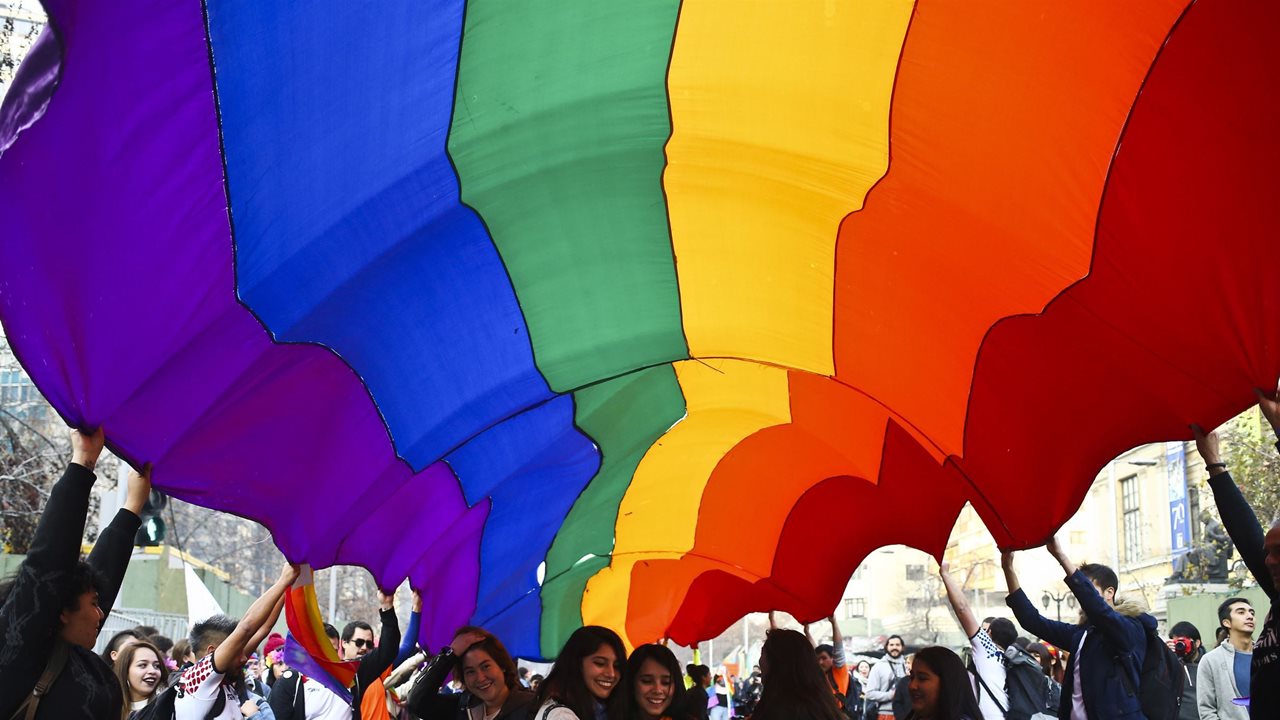By: Luke Goodrich – townhall.com – November 6, 2019
Editor’s note: Excerpted from Free to Believe: The Battle Over Religious Liberty in America. Copyright © 2019 by Luke Goodrich. Used by permission of Multnomah, an imprint of Penguin Random House LLC.
Julea Ward was a master’s student in the counseling program at Eastern Michigan University, a few credits shy of graduating with a 3.9 GPA. One of her final tasks was to counsel real clients under faculty supervision.
She counseled her first two clients without incident. But as she reviewed the file before meeting her third client, she learned he was a gay man seeking counseling for a same-sex relationship. Ward was happy to counsel gay clients about a wide variety of life issues, but her religious beliefs wouldn’t allow her to affirm a same-sex relationship. So she asked her faculty supervisor whether she could refer the client to another counselor.
Her supervisor wasn’t happy. She assigned the client to another counselor but told Ward she was guilty of discrimination based on sexual orientation and would need to undergo a faculty review. During the review, Ward made it clear she was willing to counsel gay clients on a variety of issues. But her conscience wouldn’t allow her to affirm a same-sex relationship. The faculty concluded that Ward was guilty of discrimination and expelled her from the university.
Ward then filed a lawsuit, arguing that her expulsion violated her religious freedom. I helped her lawyers refine their legal arguments, and a federal court ultimately ruled in Ward’s favor. The court recognized that counselors are allowed to refer clients to another counselor for a variety of reasons. For example, they can refer a client who is terminally ill and wants to explore assisted suicide if they can’t in good conscience counsel a client in ending his life. They can refer a client who is grieving if they recently experienced a similar loss and are grieving themselves. They can refer a client who is seeking forms of therapy that may be harmful. In fact, the counseling code of ethics allows referral anytime a counselor is unable “to be of professional assistance to clients.”
Given all these permissible referrals, the fact that the university punished Ward for her religiously motivated referral suggested that the university was discriminating against her because of her religious beliefs. “Tolerance,” the court said, “is a two-way street.”
After the court’s ruling, the university erased the expulsion from Ward’s record.
Protecting Conscience
Ward’s case offers an example of how the “abortion” model can resolve conflicts between gay rights and religious freedom. In the abortion context, the law recognizes a right to abortion, but it also recognizes the right of conscientious objectors to live by a different moral view. It allows conscientious objectors to step aside. This doesn’t mean doctors can stop women from getting abortions, but it means they can’t be forced to participate.
In the same way, the law may recognize the right of individuals to enter various sexual relationships, but it can also recognize the right of conscientious objectors to live by a different moral view. It can allow conscientious objectors to step aside. This doesn’t mean counselors can berate same-sex couples or try to force them to abandon same-sex relationships, but it means they can’t be forced to further those relationships. Counselors like Ward should be allowed to step aside.
This sort of compromise makes sense for several reasons. First, it respects the basic human rights of conscientious objectors. For years, gay-rights advocates have sought to protect the dignity of LGBT individuals. They’ve argued that sexual orientation is a core aspect of human identity and that no one should be penalized because of her sexual orientation or choice of sexual partners. Now that the law recognizes same-sex marriage, conscientious objectors are asking for the same kind of protection. They argue that religion is a core aspect of human identity and that no one should be penalized because of his religious beliefs or practices. Protecting conscientious objectors ensures that religious people are not forced to violate a core aspect of their humanity.
Second, this sort of compromise reduces social conflict. Our society is deeply divided over the morality of abortion and sex. Some people believe abortion is permissible and same-sex relationships are good. Others believe abortion is murder and same-sex relationships are immoral. That division isn’t going away anytime soon. Given that division, we have to find a way for these groups to live together in peace. Protecting conscientious objection does just that.
Finally, at a purely practical level, everyone is better off when conscientious objectors are protected. As law professor Douglas Laycock, a leading scholar and supporter of gay rights, has said, “No same-sex couple in its right mind would want to be counseled by a counselor who believes that the couple’s relationship is fundamentally wrong.” The couple would be better served by a counselor who is sympathetic to their views. Similarly, many religious people want counselors who share their religious views. Protecting conscientious objectors ensures that everyone will have a diverse range of counselors to choose from.
In short, in a society that is deeply divided over human sexuality, the abortion model does the best job of respecting both sides. Same-sex couples are free to live according to their views; religious people are free to live according to theirs. The government doesn’t force either side to violate their deeply held beliefs about human sexuality.
Why would anyone object to this kind of compromise?
To see this article and others from TownHall, click read more.
 Listen Online
Listen Online Watch Online
Watch Online Find a Station in Your Area
Find a Station in Your Area










 Listen Now
Listen Now Watch Online
Watch Online
